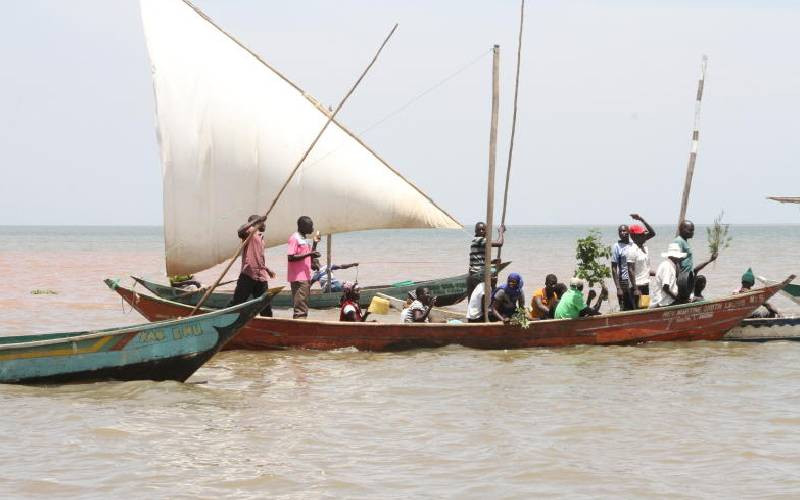×
The Standard e-Paper
Join Thousands Daily

It is 6am in Uhanya beach, Siaya County. There is endless human traffic, a cacophony of frenzied shouting from traders and fishermen, bargaining buyers and loaders with heavy luggage on their shoulders.
After a while, the activities are interrupted by a bell calling the fishermen and traders for a meeting. Christopher Okoth, a fisherman, rushes to the Beach Management Unit (BMU) office lest he be fined for not attending the assembly.